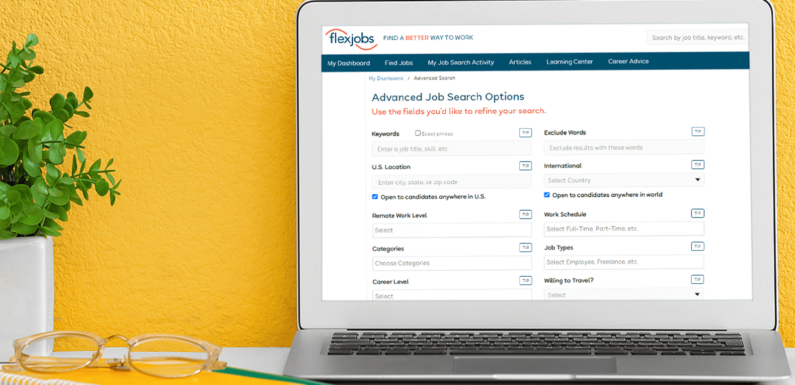
Taking notes on paper seems outdated. Between smartphones, laptops, and tablets, we have access to powerful note-taking tools at our fingertips. Online notepads are one of the most convenient options for jotting down thoughts, ideas, to-do lists, and more. With an online notepad, your notes are accessible anywhere since they live in the cloud. You log in from any device and access all of your notes in one place. Online notepads also allow you to organize and archive notes for later access.
Choosing an online notepad
You’ll need to select an online notepad service that fits your needs. There are many free and paid options available.
- Features – Look for basic formatting options like bold, italics, and bullet points. More advanced notepads allow embedding images, links, file attachments, and more.
- Cross-platform accessibility – Can you access the notepad from all your devices like iOS, Android, Mac, Windows, and the web?
- Security – Seek out trusted brands with data encryption.
- Price – Free notepads may have limited features or display ads. Paid versions ($5-$15/month typically) provide more advanced capabilities.
Organizing notes and ideas
Once you’ve chosen a notepad app, it’s time to set up a structure to organize your notes.
- Use tags and labels – Assign tags or labels to notes to quickly categorize and search for related content later. For example, tag notes by project, context (work, personal), or date.
- Create notebooks – Group notes into different notebooks or sections like “Blog Ideas,” “Recipes,” and “Shopping Lists.” Notebooks help divide your notes into logical categories.
- Add titles – Give each note a clear and descriptive title to identify the topic at a glance on your notes dashboard.
- Write summaries – Begin each note with a 1-2 sentence summary of the key points covered. This helps for skimming through notes quickly.
- Link between notes – Use your notepad tool’s linking feature to connect related notes. It allows you to reference information between notes efficiently.
- Add reminders – Assign due dates and reminders to notes so you remember to come back and take action on important to-dos. For online notes check notesonline.com.
Archiving old notes
Don’t let old notes clutter up your notepad indefinitely. Develop a system for archiving notes you no longer need regular access to but may want to reference occasionally.
- Create an Archive notebook – Have a designated notebook for storing archived notes. It separates them from your everyday notes.
- Archive quarterly or annually – Set a reminder to archive older notes regularly, like every 3-6 months or at the end of the year.
- Tag archived notes by year – Tag notes by year before moving them to your Archive notebook (ex: #2019, #2020). It allows you to search notes from specific years if needed.
- Archive reference material – Move reference notes like recipes, travel tips, company contacts, etc. to your Archive once you’ve used them.
- Delete unnecessary notes – Permanently delete notes no longer needed to keep your notepad clean.
Searching and accessing archived notes
The key benefit of archiving notes in an online notepad vs. paper notes is they remain searchable even after archiving.
- Use search filters – Filter search by keywords, tags, notebook, date range, etc. to pinpoint notes.
- Revisit notes annually – Scan your archived notes at the end of each year to rediscover forgotten ideas and refresh your memory.
- Retrieve notes as needed – Search your archive if you need to reference something specific like an old recipe or meeting notes.
- Unarchive notes if relevant again – If an old note becomes relevant for a current project, unarchive it.
- Export notes – For permanent records, export important notes to export to PDF, Excel, Google Docs, etc.
With the right online notepad and some organizational diligence, you transform the way you capture, access, and preserve information. Ditch the scattered sticky notes and embrace the convenience of centralized cloud-based notes.


